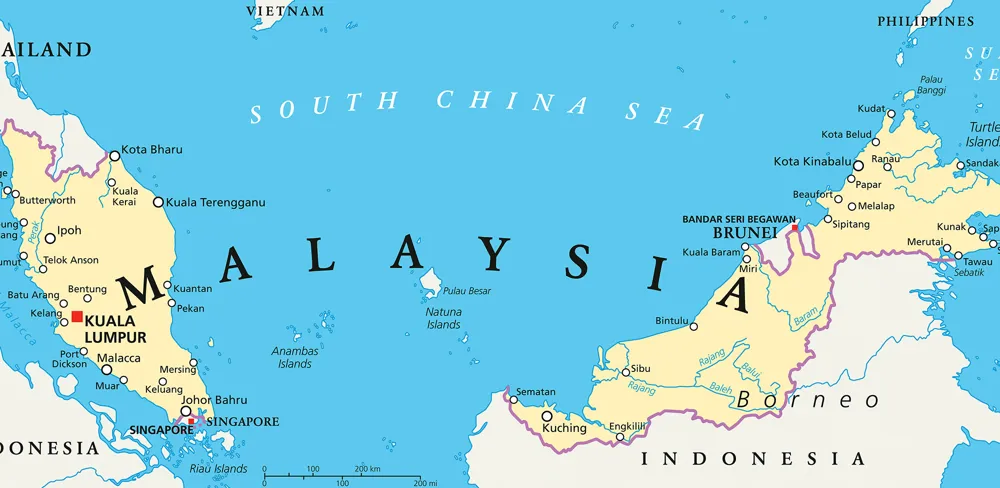International Focus: Malaysia
January 4, 2021
- Author: Angela Titone


January/February 2021
More articles in this issue:
Highway to More Successful Startups
“Highway to a 100 Unicorns” is Microsoft Malaysia’s collaborative effort with Malaysia Digital Economy Corp. (MDEC) and the Malaysian Global Innovation & Creativity Centre (MaGIC). The program empowers local Malaysian startups with a year-long mentorship with Microsoft experts and industry leaders. Some of these startups come from the artificial intelligence (AI) and medical sectors. One startup, AIME, combines AI and data analytics to help tackle mosquito-borne disease like Dengue. Doctor2U started as an app to request a doctor to make a house call within an hour, and now the one stop health care app also provides prescription delivery and virtual house calls. Naluri’s goal is to conquer chronic disease, by connecting employees and policyholders with psychologists with a platform for personalized coaching and therapy.
Make Way for Malaysia
Home to many archipelagos in the South China Sea, Malaysia has roughly 870 islands sandwiched between Indonesia, Thailand and Vietnam. The country is an Innovation Leader on CTA’s International Innovation Scorecard, earning high marks for its tax friendly policies and strong focus on research and development. Malaysian startups are now looking into everything from financial to health technologies, as consumers are becoming digital natives.
Malaysia Making the Digital Transformation
Malaysia has the highest percentage of digital consumers, more than any other Southeast Asia country, with 83% having purchased at least one item online in the last year, according to Digital Consumers of Tomorrow, Here Today, a joint study by Bain & Company and Facebook. With a push from COVID-19 restrictions, 48% of those Malaysians were first-time digital shoppers. These Malaysians were also willing to switch brands in all categories, from groceries to electronics, while searching across 4.8 million online sites before making a purchase decision. Ernst & Young (EY) investor’s guide highlights the country’s digital economy, which grew to almost $64 billion in 2020. As more of these digital natives visit social media sites for news, Monash University Malaysia School of Information Technology is building a platform to verify content, using a combination of graph algorithms and machine learning.

75% of Malaysian Businesses are using FinTech
Malaysia is looking to become the tech hub of Southeast Asia with a focus on FinTech. One example is Akru, a consumer startup robo-advisor that offers personalized, affordable investment advice with no minimum outlay required. According to the Mastercard Impact Study 2020, 40% of Malaysians use e-wallets, leading other countries in Southeast Asia. On the corporate side, some 75% of Malaysian businesses are using FinTech products, including mobile payments and digital wallets. FinTech platform usage picked up during COVID-19 this year, and 34% of businesses saw the potential for Fintech solutions to lower the cost of doing business. Another Malaysian FinTech startup FraudLabs Pro, protects online e-commerce purchases by offering real-time fraud analysis.
Join our community of innovators and shape the future of technology.



